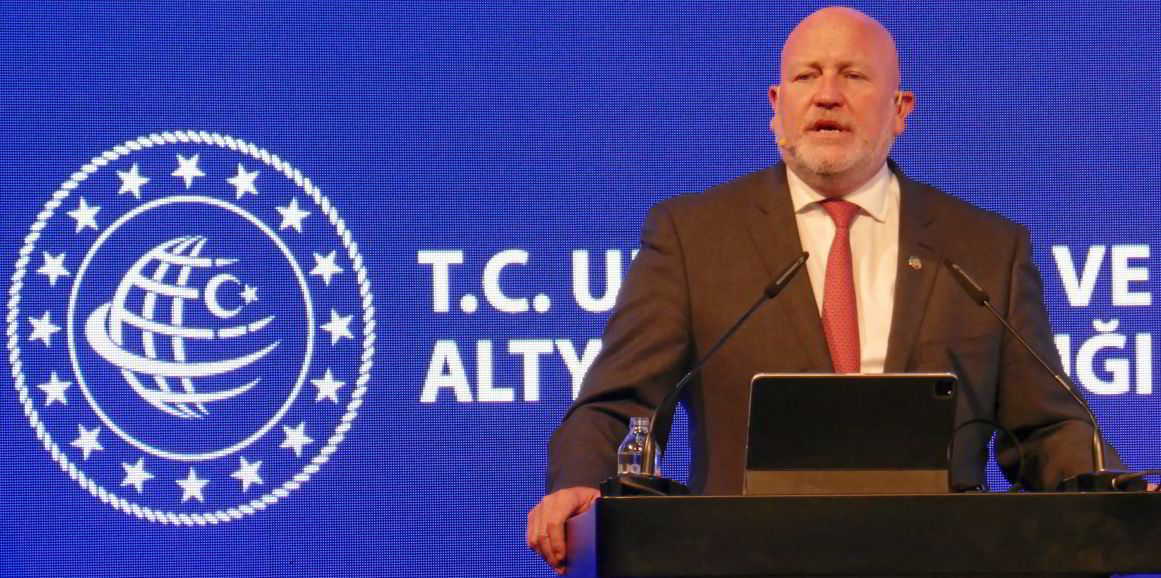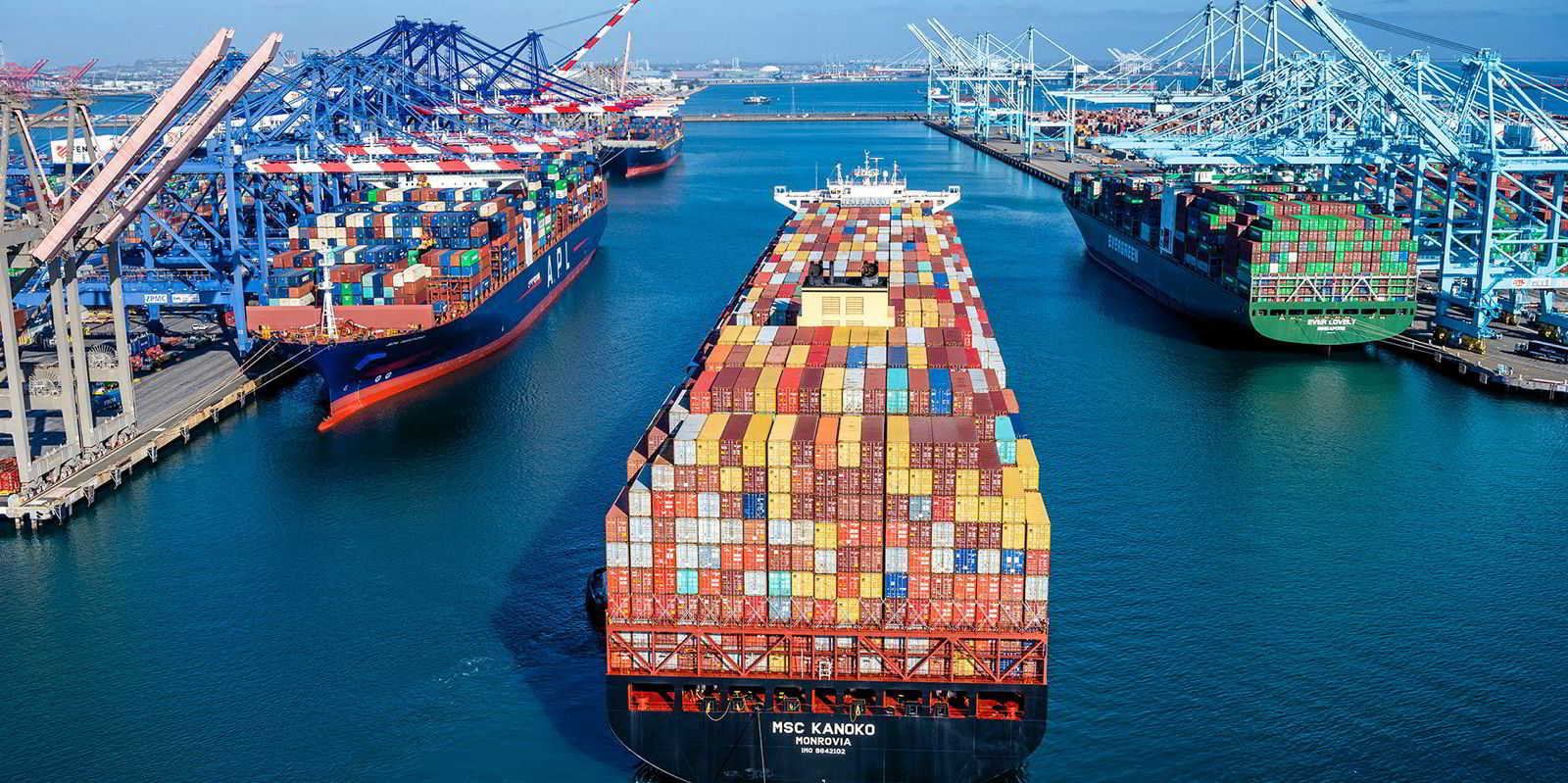Seafarers and shipping companies won’t find it easy to agree on an industry-wide wage agreement next year amid soaring inflation, according to a senior labour leader.
“It’s going to take some work,” Steve Cotton, general secretary of the International Transport Workers’ Federation (ITF), told TradeWinds on 1 July on the sidelines of the Turkish Maritime Summit in Istanbul.
“We’re anticipating a period of some industrial unrest as we work with employers to work out how we can make sure that the salaries of workers aren’t devalued.
“We’ve come out of the Covid situation, we’ve seen war and we see double-digit inflation, or on the verge of double digits, in a lot of the global north and we see a lot of big negotiations coming up.
“The west of the [United] States is due to have a CBA [collective bargaining agreement] — they’re in discussions.”
The ITF itself is set to discuss wages next year in the International Bargaining Forum (IBF) — shipping’s largest collective bargaining agreement.
The current IBF sets out a wage increase of 3% in January 2022 and a further 1.5% from 2023.
“We will of course be gathering data about purchasing power of seafarers, also recognising the enormous profits that a number of companies are making,” Cotton said.
“Some equitable distribution would be good for everybody.”
In separate wage discussions two months ago at the International Labour Organisation (ILO) — coordinated by the ITF and the International Chamber of Shipping — parties agreed to increase seafarers’ minimum ILO monthly pay by 3.9% between July 2022 and January 2025 to $673.
Speaking at the Istanbul conference, Cotton praised seafarers for keeping the world fed and clothed during the pandemic.
“It feels like Covid’s gone, but for many of the seafarers we represent, it hasn’t,” he said.
According to ITF figures, 16% of the world’s 1.4 million seafarers have still not been vaccinated as of May, when more than 50,000 were still working beyond their contracts to make sure supply chains operate smoothly.





